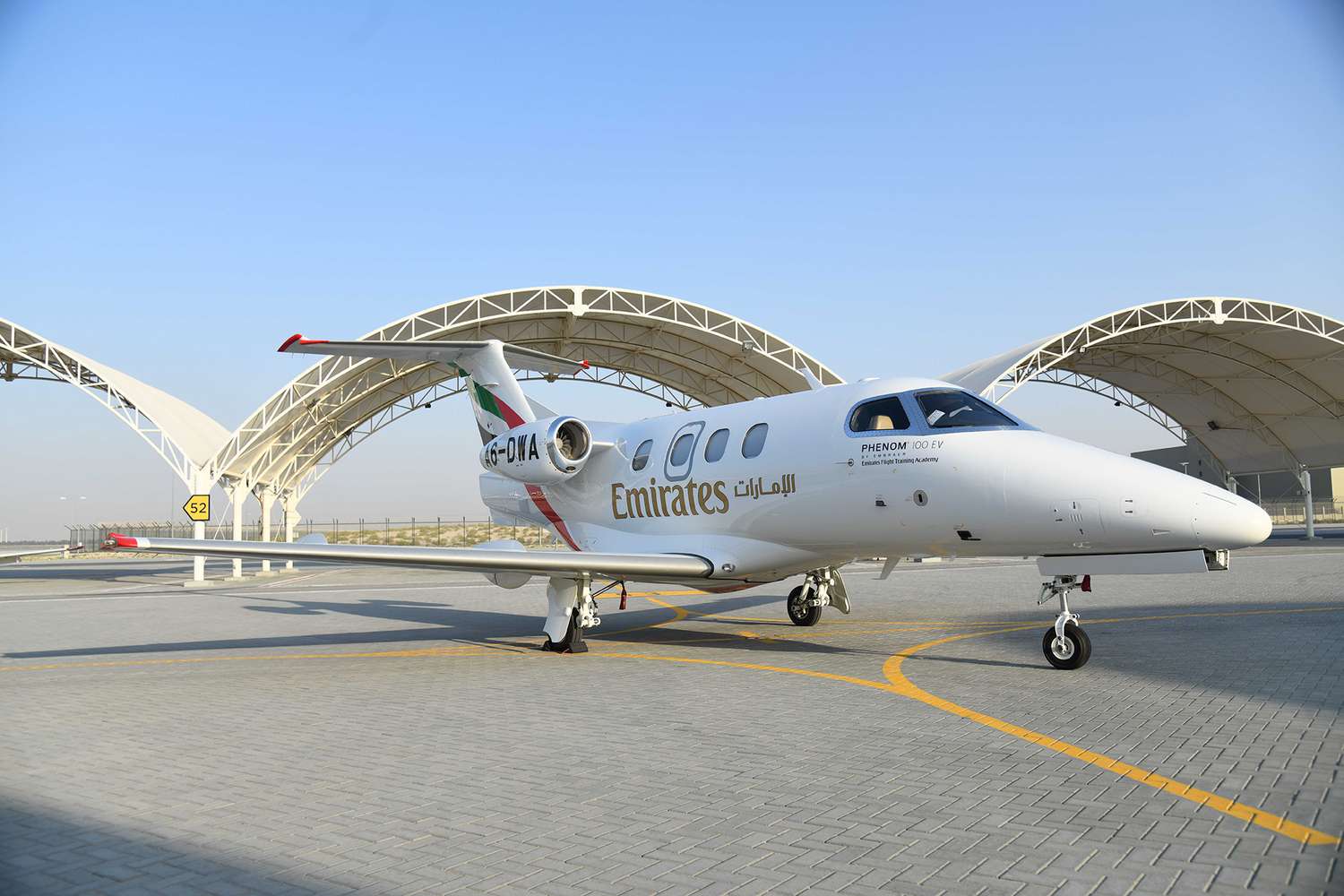Planning a trip and exploring different options for travel can be exciting, and if you’re considering international private jet travel in the UAE, it’s important to understand the documentation and requirements involved. Whether you’re a seasoned jetsetter or someone who’s just starting to ponder the idea of flying private, this article will provide you with valuable information and insights. From the necessary documents to the specific requirements for traveling in countries like Abu Dhabi, Dubai, Sharjah, and Ras Al Khaimah, we’ll dive into all the crucial details you need to know. So, let’s get started and ensure your journey is smooth sailing from start to finish!
Passport and Visa Requirements

This image is property of volareaviation.gg.
Valid Passport
When traveling internationally, it is crucial to have a valid passport. A passport is an official government document that proves your identity and citizenship. The United Arab Emirates (UAE) requires that your passport be valid for at least six months beyond the date of your intended departure from the country. Make sure to check the expiration date on your passport and renew it if necessary before planning your trip.
Visa Regulations
In addition to a valid passport, most travelers to the UAE will also need a visa. A visa is an official document that allows you to enter and stay in a foreign country for a specified period. The type of visa you need will depend on the purpose and duration of your visit. It is essential to research and understand the visa requirements for your specific situation before traveling to the UAE.
Entry Requirements
Before traveling to the UAE, it is important to familiarize yourself with the entry requirements set by the government. These requirements may include proof of accommodation, return ticket, and sufficient funds to cover your stay. It is advisable to check the official website or contact the UAE embassy or consulate in your home country for the most up-to-date information on entry requirements.
Travel Authorization
Invitation Letter
Obtaining an invitation letter can be a crucial step in securing your travel authorization to the UAE. This letter serves as proof that you have been invited by a sponsor in the UAE, such as a business or organization. The invitation letter should include details such as the purpose of your visit, duration of stay, and any sponsorship arrangements. It is recommended to work closely with your sponsor and provide them with all the necessary details to ensure a smooth and successful application process.

This image is property of assets.paramountbusinessjets.com.
UAE Entry Permit
Once you have received your invitation letter, you will need to apply for a UAE Entry Permit. This permit is a mandatory requirement for traveling to the UAE, and it grants you legal entry into the country. The application process may vary depending on your nationality and purpose of visit, so it is essential to follow the instructions provided by the UAE authorities or consult with a professional travel advisor.
Pre-approval Process
Before your trip, it is advisable to go through a pre-approval process to ensure a seamless travel experience. This process involves submitting your passport and relevant documents to the UAE authorities for review and verification. Pre-approval can help avoid any delays or complications during your journey and is particularly important for international private jet travelers.
Aircraft Registration and Documentation
Certificate of Registration
To operate an aircraft in the UAE, it must be registered with the appropriate authorities. The Certificate of Registration is an official document that confirms the aircraft’s registration and ownership details. It is essential to ensure that your aircraft’s registration is up to date and compliant with the UAE regulations before planning your private jet travel.
Airworthiness Certificate
An Airworthiness Certificate is another crucial document required for private jet travel. This certificate confirms that the aircraft meets the necessary airworthiness standards and is safe to operate. The UAE authorities will typically require a valid Airworthiness Certificate for granting permission to fly into the country.

This image is property of assets.paramountbusinessjets.com.
Operator’s Certificate
In addition to individual aircraft documentation, it is also necessary to have an Operator’s Certificate. This certificate verifies that the operator of the aircraft has met all the regulatory requirements and is authorized to conduct flights. It is imperative to ensure that the operator’s certificate is valid and up to date to comply with the UAE aviation regulations.
Customs and Immigration Procedures
Customs Declaration
When arriving in the UAE, you will be required to complete a customs declaration form. This form includes details about the items you are bringing into the country, such as personal belongings, goods, or currency. It is important to be honest and accurate in your declaration to avoid any unnecessary delays or penalties.
Immigration Control
Immigration control is an essential step when entering the UAE. You will need to present your passport, visa, and other relevant travel documents to the immigration officers. They will verify your documents and grant you legal entry into the country. It is crucial to ensure that all your travel documents are in order and easily accessible during the immigration process.
Cargo Manifest
If you are traveling with cargo or goods, it is necessary to provide a cargo manifest to the UAE authorities. This manifest lists the details of the cargo, including its contents, weight, and value. The authorities may conduct inspections and verify the accuracy of the cargo manifest to ensure compliance with import regulations.
Flight Operations and Notification

This image is property of images.aircharterservice.com.
Prior Permission
Before operating a private jet flight to the UAE, it is essential to obtain prior permission from the relevant authorities. This permission ensures that your flight is authorized and complies with the UAE aviation regulations. It is advisable to work with a professional flight support provider who can assist in obtaining the necessary permissions and coordinating your flight operations.
Flight Plan Filing
Filing a flight plan is a mandatory requirement for private jet travel. A flight plan provides essential information about your intended flight, including the departure and arrival airports, route, flight level, and estimated time of arrival. Filing a flight plan allows air traffic control to track and monitor your flight, ensuring a safe and efficient journey.
Air Traffic Control Communication
Maintaining clear communication with air traffic control is crucial for safe and compliant private jet travel. Pilots must comply with air traffic control instructions, including altitude changes, course corrections, and landing clearances. Regular and effective communication with air traffic control ensures a smooth and coordinated flow of air traffic, enhancing overall flight safety.
Insurance Coverage
Third Party Liability
Having adequate insurance coverage is essential when operating a private jet in the UAE. Third Party Liability insurance provides protection against claims arising from damage or injury caused to third parties during your flight operations. It is essential to obtain the necessary insurance coverage and ensure that it meets the minimum requirements set by the UAE authorities.

This image is property of imagevars.gulfnews.com.
Aircraft Hull Insurance
In addition to Third Party Liability insurance, Aircraft Hull insurance is also recommended for private jet owners and operators. This insurance provides coverage for damage or loss to the aircraft itself, including accidents, theft, or natural disasters. Having comprehensive aircraft hull insurance can give you peace of mind and protect your investment in case of unforeseen events.
Security Measures
Background Checks
To ensure the safety and security of private jet travel, background checks may be conducted on passengers and crew members. These checks aim to identify any potential security risks and verify the identities of individuals traveling. It is important to cooperate fully and provide the necessary information to comply with the UAE’s security measures.
Security Screening
Similar to commercial air travel, private jet passengers may be subject to security screening procedures. These procedures include screening of carry-on bags, personal belongings, and passengers themselves to detect any prohibited items or threats. It is advisable to familiarize yourself with the security screening requirements and arrive at the airport well in advance to allow for a smooth and efficient process.
Security Personnel Accompaniment
In certain cases, private jet travelers may be required to have security personnel accompany them during their journey. This additional security measure aims to enhance safety and mitigate potential risks. If security personnel are deemed necessary, it is important to coordinate with the appropriate authorities and ensure their presence throughout your travel.
Health and Vaccination Requirements
COVID-19 Protocols
Given the current global pandemic, it is crucial to be aware of the COVID-19 protocols and regulations in place for private jet travel to the UAE. These protocols may include pre-departure COVID-19 testing, health declarations, temperature screenings, and quarantine requirements. It is advisable to regularly check the official government websites or consult with a professional travel advisor to stay informed about the latest COVID-19 guidelines.
Vaccination Certificates
Vaccination certificates may be required when traveling to the UAE. These certificates serve as proof that you have received the recommended vaccinations as per the UAE’s vaccination requirements. It is important to ensure that your vaccination certificates are valid and up to date to comply with the UAE’s health regulations.
Medical Clearances
In some cases, passengers with specific medical conditions may be required to obtain medical clearances before traveling to the UAE. Medical clearances provide assurance that the passenger is fit to travel and can safely handle the journey. It is essential to consult with the relevant authorities or healthcare professionals to understand the medical clearance requirements and processes.
Slot Reservations and Permissions
Airport Slot Coordination
To ensure smooth airport operations and efficient use of resources, slot reservations may be required for private jet travel in the UAE. Slot reservations allocate specific times for arrivals and departures, minimizing congestion and delays. It is advisable to work with a professional flight support provider who can assist in coordinating slot reservations and ensuring compliance with the airport’s requirements.
Parking and Hangar Availability
Private jet operators must ensure the availability of suitable parking or hangar space at the chosen airport in the UAE. Parking or hangar facilities provide secure storage for the aircraft during the stay and protect it from adverse weather conditions. It is important to make the necessary arrangements in advance to avoid any inconvenience upon arrival.
Airspace Entry Permits
Prior to entering UAE airspace, private jet operators must obtain airspace entry permits from the relevant authorities. These permits ensure compliance with the UAE’s airspace regulations and facilitate air traffic management. It is recommended to work with a professional flight support provider who can assist in securing the necessary airspace entry permits for your flight.
Currency and Financial Regulations
Declaration of Currency
Travelers entering or leaving the UAE are required to declare any currency or monetary instruments exceeding a specified threshold. This declaration aims to prevent money laundering and illegal financial activities. It is important to familiarize yourself with the currency declaration requirements and comply with the regulations to avoid any legal implications.
Exchange Control
Exchange control regulations govern the movement of money into and out of the UAE. These regulations aim to maintain stability in the country’s currency and financial system. It is advisable to be aware of the exchange control rules and consult with the appropriate authorities or financial institutions for guidance on any currency exchange or transfer transactions.
Payment Restrictions
Certain payment restrictions may be in place when conducting business jet charters in the UAE. These restrictions may include limitations on the types of payment accepted or the need for specific approvals for large financial transactions. It is important to understand and comply with the payment restrictions imposed by the UAE authorities to ensure smooth and legal business operations.
As an experienced professional in the business jet charter industry, I hope this comprehensive guide provides you with valuable insights into the documentation and requirements for international private jet travel in the UAE. While the procedures may seem complex, working with professional service providers and keeping abreast of the latest regulations will help ensure a seamless and enjoyable private jet travel experience. Safe travels!



